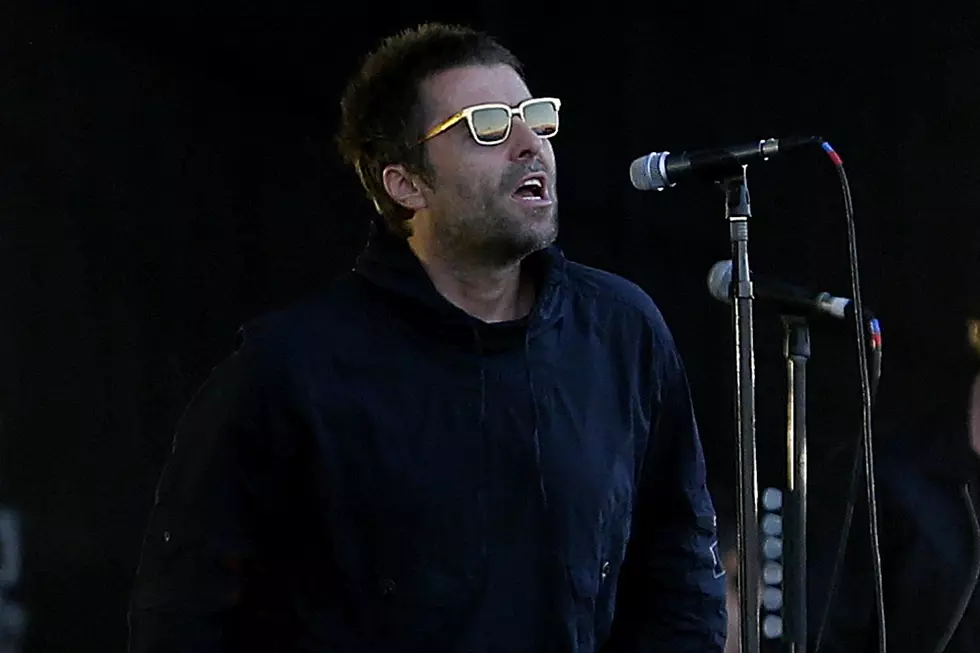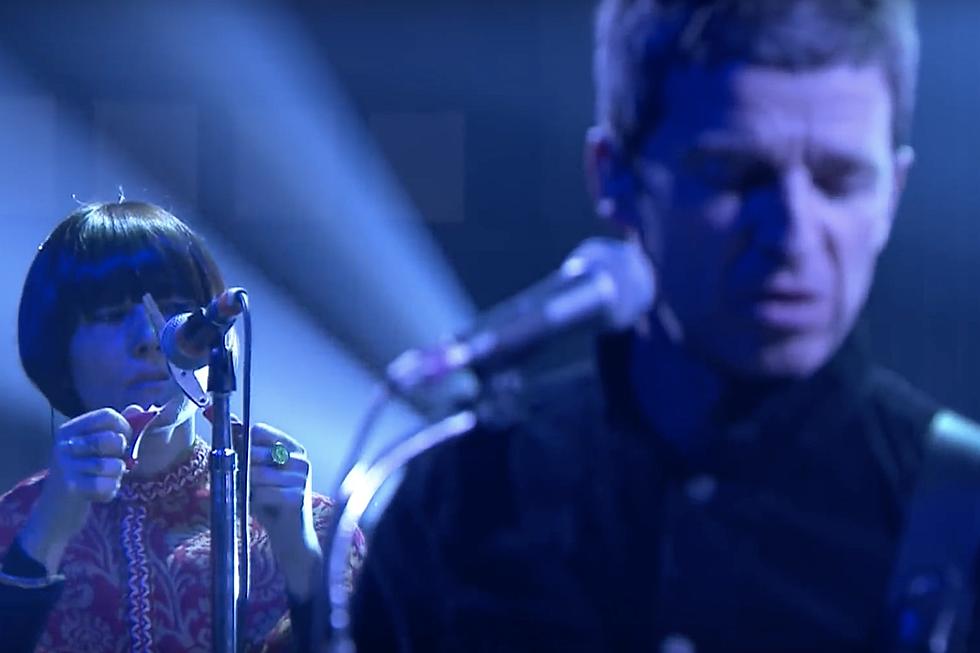
When Blur and Oasis Faced Off in the ‘Battle of Britpop’
When talking about Blur, it’s near impossible to go without mentioning Oasis – and vice versa. The two English outfits are associated with one another to this day due to the Britpop scene they championed, but also in large part thanks to the mid-‘90s media blitz that pitted the two bands against each other in a charts rivalry dubbed the “Battle of Britpop” which unfurled in mid-August 1995.
It’s important to note that the Battle of Britpop wouldn’t even have been possible if it weren't for Blur, who helped spearhead the scene, along with London bands like Suede in the early ‘90s. It was Blur’s pivot from the shoegaze that appeared on their 1991 debut, Leisure, to the definitive British pop heard on their sophomore follow-up, Modern Life Is Rubbish, that solidified Britpop as an up-and-coming music scene.
The genre fused elements of ‘60s (especially the Beatles, the Kinks and the Who) and ‘80s rock (notably the Smiths). Likewise, it owed a great deal to the late ‘80s "Madchester" scene in Manchester pioneered by the Stone Roses. Britpop also served as a means of rejecting the prevailing dominance of American grunge -- not only be heralding uniquely English sounds, but also subject matter.
The positive reception of Suede’s 1993 self-titled debut, Blur's Modern Life Is Rubbish and the Damon Albarn-led outfit's even more successful 1994 follow-up, Parklife, effectively paved the way for an onslaught of ‘90s British bands, including Pulp, Elastica and, of course, Oasis. By the mid-‘90s, the British media began referring to the Anglophilic music scene as “Britpop” – just in time for its biggest rivalry.
In 1995, both Blur and Oasis were readying new albums, and Albarn instigated some healthy competition when he strategically moved up the release of "Country House," the lead single from their fourth full-length, The Great Escape, so it would arrive on the same exact day as Oasis’ “Roll With It,” which appeared on the Gallagher brothers’ sophomore effort, (What’s the Story) Morning Glory?
Watch the Video for Blur's "Country House"
The move didn’t go unnoticed by the British press. NME’s August cover pitted the bands against one another under the headline, “British Heavyweight Championship,” and later, it would become known as the “Battle of Britpop.” The face-off was just as much a display of the bands’ respective chart successes as it was a virtual regional showdown, with the Manchester-hailing Oasis representing northern England and London’s Blur standing in for the south.
Watch the Video for Oasis' "Roll With It"
Initially, Blur were deemed the winners, debuting at No. 1 on the charts and moving 274,000 copies of “Country House” in comparison to Oasis’ 216,000. However, Oasis’ Morning Glory saw more enduring success than The Great Escape, becoming the third best-selling album of all time in the U.K. It even found a significant fan base in the U.S. -- something that had been a difficult hurdle for the collective of distinctly British bands.
After the Battle of the Britpop, Blur dropped their fifth, self-titled album, which embraced the American grunge and lo-fi they had once written off. The band released two more albums before going on hiatus in 2003 and eventually reuniting and releasing The Magic Whip earlier this year.
Oasis' Morning Glory follow-up, Be Here Now, enjoyed the similar sales but received less favorable criticism upon its arrival. Oasis released four more albums before the band finally imploded in 2009 following the continued quarreling of brothers Noel and Liam Gallagher.
Blur and Oasis have long since buried the hatchet. Liam Gallagher even recently dubbed Blur’s “Lonesome Street” the song of 2015, while Blur’s Alex James -- like many of us -- is still holding out hope for an Oasis reunion. Nevertheless, the once-dueling outfits will forever be linked together in our memories for their infamous 1995 chart showdown.
Oasis Albums Ranked Worst to Best
More From Diffuser.fm









